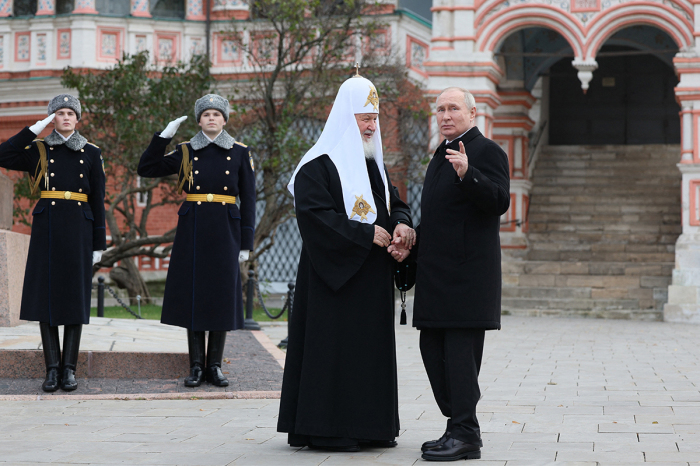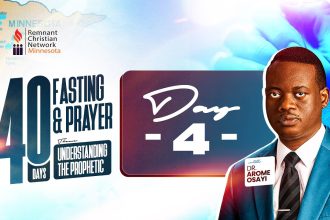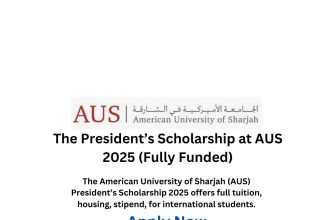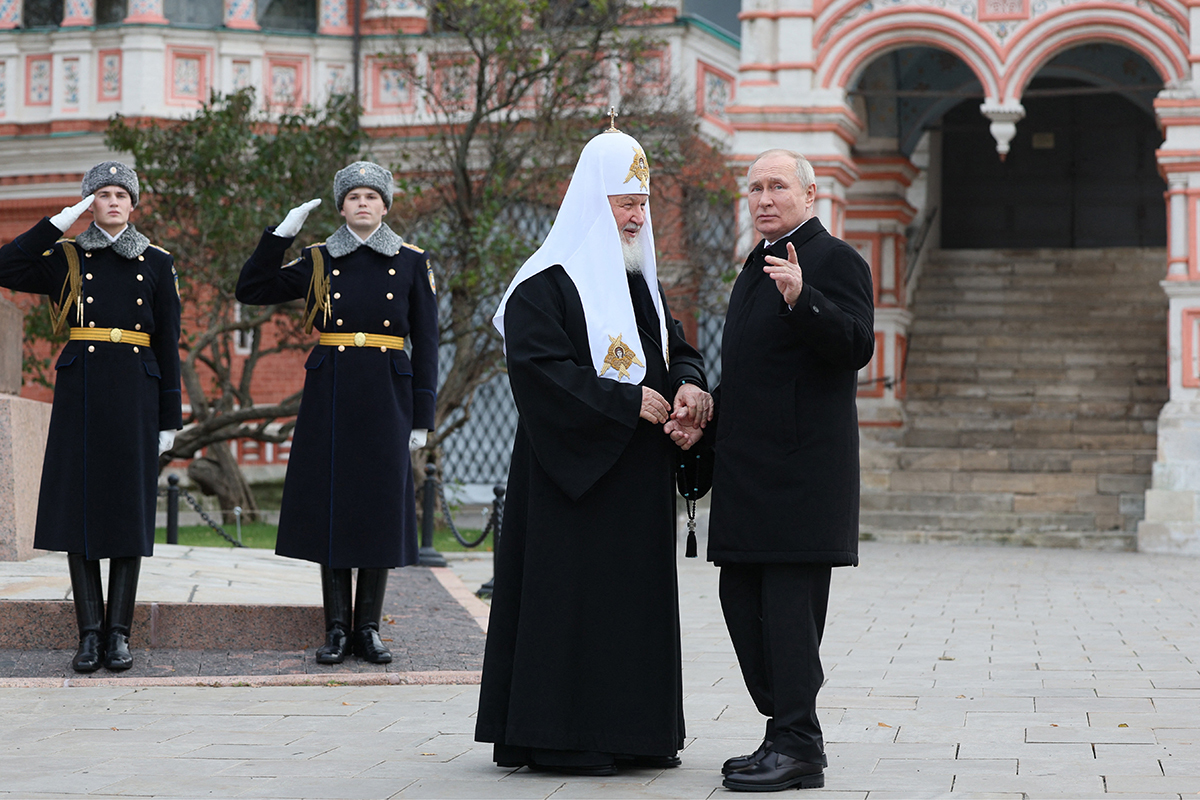
Does the Russian Orthodox Church believe that Russia, through its invasion of Ukraine, is “restraining” the appearance of the Antichrist?
Ever since the head of the Russian Orthodox Church declared President Vladimir Putin’s invasion of Ukraine a “holy war” last year, the ongoing war — which initially began in 2014 but saw a dramatic escalation with Putin’s invasion in February of 2022 — has taken on even more religious overtones.
The invasion, which marks the most significant and deadliest conflict in Europe since World War II, has caused hundreds of thousands of military casualties and tens of thousands of Ukrainian civilian casualties.
On March 27, the World Russian People’s Council, headed by Russian Orthodox Church Patriarch Kirill, a staunch Putin ally, declared the “special military operation” in Ukraine is nothing less than “a holy war in which Russia and its people, defending the one spiritual space of Holy Russia, fulfill the mission of the ‘Hiding’ that protects the world from the onslaught of globalism and the victory of the West that fell into the Satanism.”
This “hiding,” scholars say, is believed to be a reference to a long-standing mystical tradition in Russian theology, which holds that Russia is the defender of Christendom.
In this theology, Moscow is often seen as the “Third Rome,” following the fall of Constantinople, and a place where the forces of good are believed to be fighting against the rise of the Antichrist figure in the book of Revelation, according to Sarah Riccardi-Swartz, assistant professor of religion and anthropology at Northeastern University and author of Between Heaven and Russia: Religious Conversion and Political Apostasy in Appalachia (Orthodox Christianity and Contemporary Thought).
“There’s a long-running idea in mystical Russian theology that Russia is holding back the Antichrist and is doing that specifically through the prayers of the departed Czar Nicholas II,” Riccardi-Swartz told a Northeastern-owned publication in March. “They believe Czar Nicholas II is in Heaven, interceding on behalf of them, and through his intercessions Russia is successful in holding back the Antichrist.”
This concept is known as a theologoumenon, or a religious opinion that might be debated rather than an official doctrine. It is perhaps even utilized in one or all the various Orthodox churches and widely acknowledged across both the Russian Orthodox Church and the Russian Orthodox Church Outside of Russia, since Nicholas II was canonized in both jurisdictions.
In an interview with The Christian Post, Riccardi-Swartz traces the roots of this idea to a New Testament passage in 2 Thessalonians 2:6-8, which speaks of a “restrainer” who prevents the rise of evil prior to the return of Christ. She explains that some Russian Orthodox have linked this concept to Nicholas II, who is seen as having served as this restraining force during his lifetime.
“Russian Orthodox thinkers, because of the czar’s gruesome death at the hands of the Bolsheviks, have suggested that it is the departed czar who held back satanic socialism for as long as he could before his death,” Riccardi-Swartz says. “Plus, after his death, he continues to metaphysically hold back secularism through his prayers for Russia and the world.”







